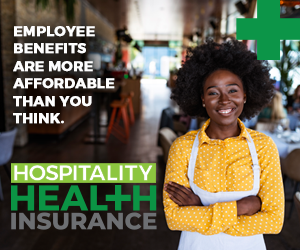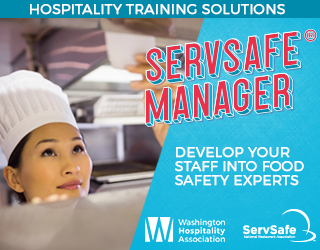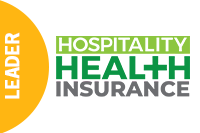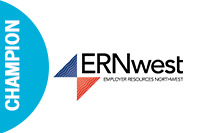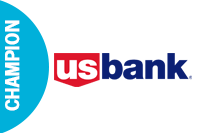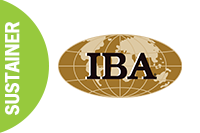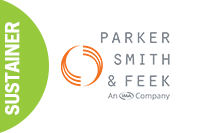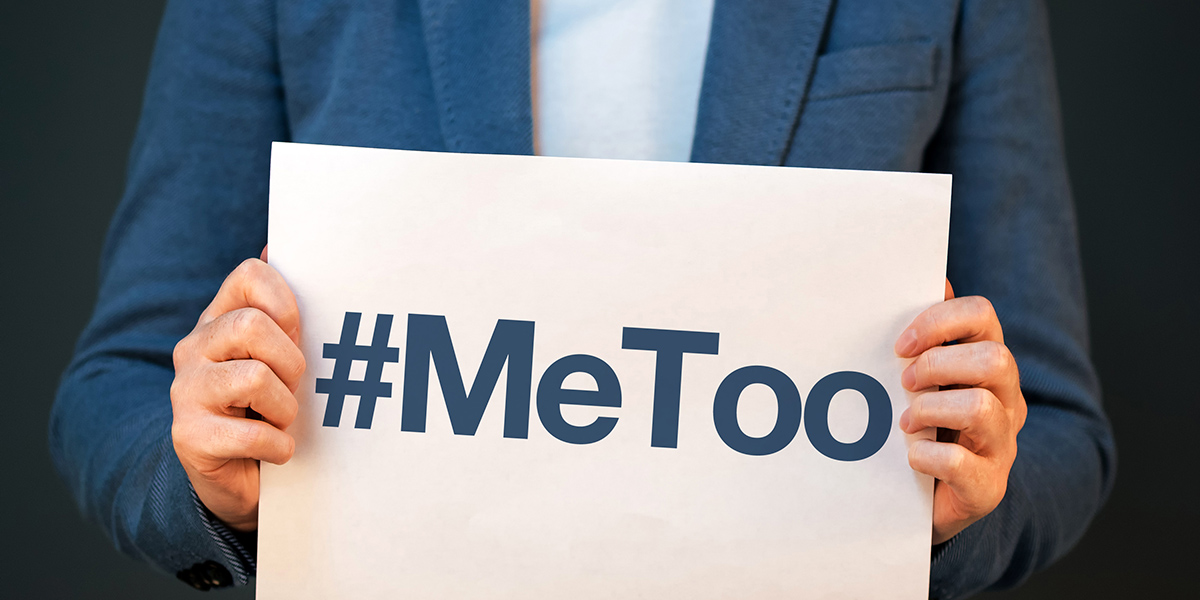
*This information is current as of Feb. 7, 2024*
Employers need to adopt strong workplace policies that stop sexual harassment before it starts. Employers also have a duty to investigate complaints and other suspicions of sexual harassment that emerge.
Over the years, the Washington Hospitality Association has posted a lot of information on this very subject. Here’s a rundown of resources for you to look over so you can help stop sexual harassment before it begins and know what to do if it does.
In one of our most-watched videos on our YouTube channel, HR Manager Lisa Kaminsky of Personnel Management Systems discusses what to do if one of your employees reports they’ve been harassed in the workplace.
How common are workplace sexual harassment claims?
Curious about how common sexual harassment claims really are? Go through 20 years of government data on workplace sexual harassment claims. Filter based on full service, hotels and motels, limited service restaurants and more. View data here.
Preventing sexual harassment at work: a guide for employers
Equality and Human Rights Commission provides a pdf guide to take steps to prevent sexual harassment of workers by their colleagues. Access the guide here.
Three commonsense tips to prevent workplace sexual harassment
Former employment attorney Jathan Janove J.D. offers three tips to prevent workplace sexual harassment. “As more employees return to physical workplaces, HR managers may encounter more sexual harassment issues. To prevent such problems, consider these three commonsense tips that I derived from my 25-year career as a labor and employment law attorney, as well as my time spent as a workplace coach and consultant. The goal of following these tips isn’t simply to avoid litigation, but to create and maintain physically and psychologically safe workplaces…” Read more here
Six effective strategies to prevent sexual harassment in the workplace
Sexual harassment in the workplace is a serious issue that can have devastating effects on both employees and employers. So, it’s crucial for businesses to implement effective strategies to prevent harassment. From costly lawsuits to tarnished reputations and lifelong traumas, it can be a nightmarish experience for everyone. Read more about the six strategies you can implement to prevent sexual harassment.
Employment law “kitchen fires”: Protecting your restaurant against sexual harassment
By Mark Fijman labor, labor and employment attorney According to the federal Equal Employment Opportunity Commission (EEOC), the restaurant industry is the single largest source of sexual harassment claims in the U.S. Restaurant employers need to take action to protect their employees from harassment and their businesses from potentially costly lawsuits. Read more.
Ignorance is not bliss: Proactive approaches to address sex-based harassment
By Catharine Morisset & Meg Burnham, Fisher Phillips Over the past 20 years, sex-based workplace discrimination charges have been one of the most common employee-asserted claims before the federal Equal Employment Opportunity Commission (EEOC) — second only to race. As the EEOC states in its 2016 Task Force Report on Harassment in the Workplace, “Employers should care about preventing harassment because it is the right thing to do.” The EEOC also points out that stopping illegal harassment is an employer’s legal duty. Read more.
Building a culture to prevent harassment
From the Equal Employment Opportunity Commission The EEOC Select Task Force on the Study of Harassment in the Workplace recommends that employers create a holistic non-harassment culture that includes a commitment from top leadership, accountability at all levels and new approaches to training, among other elements. Read more.
Getting a handle on harassment: 3 leaders lay out the best tips
The pervasiveness of sexual and other types of harassment in all work environments has perhaps never been such a hot-button issue than it is today. That fact, and the devastating effects such abuse can have on people and businesses, absolutely demands that brands be up to the second on their training, prevention efforts and overall culture around this critical subject. Read more from QSRWeb.com.
Isolated workers and the law
Your government affairs team was instrumental in helping to pass legislation in 2019 that requires all employers in the hotel, motel, retail, property services or a security guard service to provide panic buttons, adopt a sexual harassment policy and provide anti-harassment training to the employers’ managers, supervisors and employees. This law went into effect in Jan. 2020.
ServSafe Workplace: Sexual harassment prevention for restaurant and hospitality employees
Sexual harassment can be a hazard in foodservice and hospitality workplaces. Companies can build a safe work environment for all when employees know their rights and responsibilities. Register today for these free training sessions.
Training from American Hotel & Lodging Educational Institute and the National Restaurant Association
Click here to find training in English and Spanish for hospitality managers and employees. The subjects include “Understanding unconscious bias” and “Sexual harassment prevention.” National Sexual Violence Resource Center The National Sexual Violence Resource Center (NSVRC) is the leading nonprofit in providing information and tools to prevent and respond to sexual violence. NSVRC translates research and trends into best practices that help individuals, communities and service providers achieve real and lasting change. NSVRC has published several relevant resources, including tip sheets on: Workplace Sexual Harassment and Bystander Intervention Tips & Strategies.






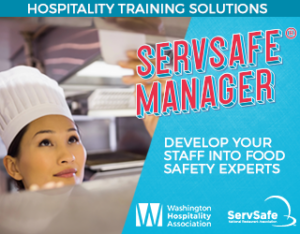







![Webinar replay! [Ask a Lawyer] Best hiring practices](https://wahospitality.org/wp-content/uploads/2024/05/CatherineHiring-webinar-150x150.png)

